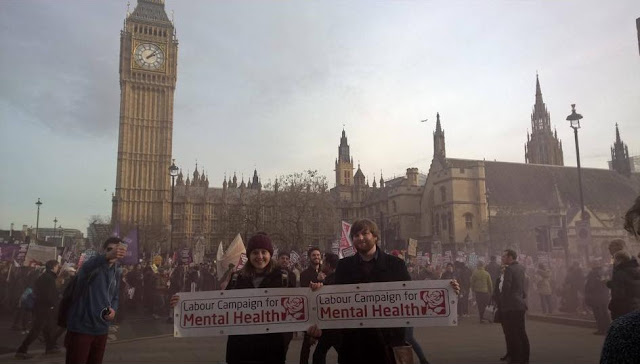Mental health and homelessness

I haven't written a post for a while. I wanted everyone to read the post I wrote in November about my niece Annie's suicide . Writing new posts drops older ones down the list, and I didn't want her memorial post to disappear off the radar until after her funeral. Annie's funeral was last Tuesday, 18th December, the day after her 29th birthday. Now, it is time to write again. But not yet to move on from the issues that Annie's death highlights. This post is about the link between mental ill health and homelessness. Particularly, "street" homelessness, or in common parlance, "sleeping rough". Homelessness and rough sleeping have risen hugely in recent years. Government statistics show that between 2010-15, estimates of the number of those sleeping rough rose by 102%. This is partly due to changes in methodology to correct suspected under-reporting of the problem. But the Government admits that there is a real and considerable increase in th...




